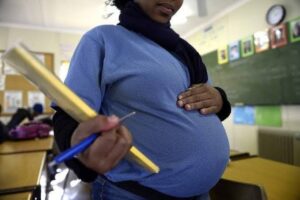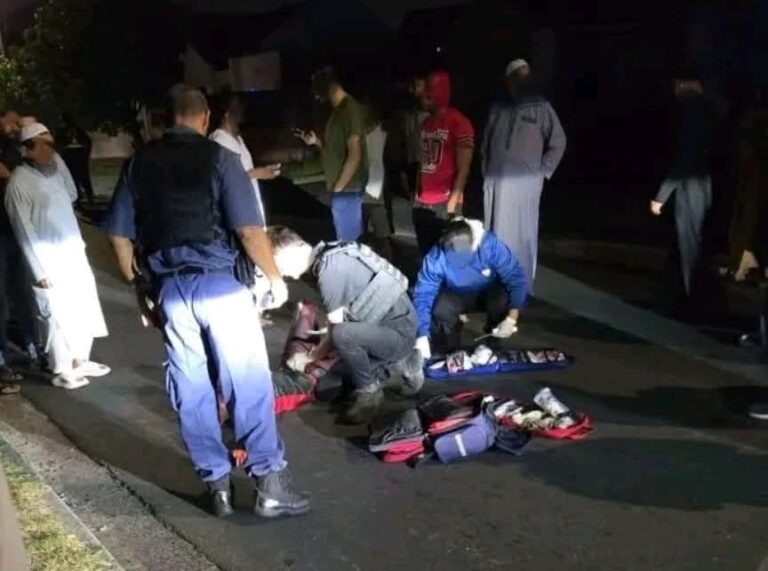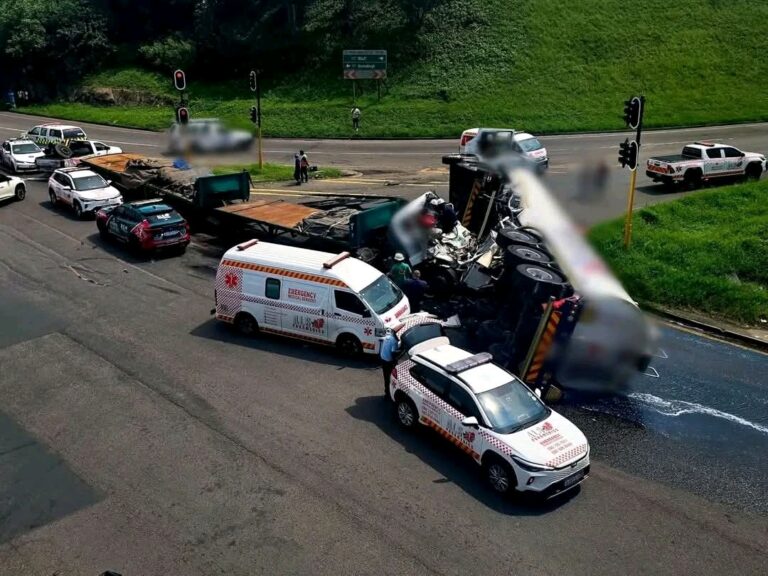
A staggering number of teenage pregnancies have rocked the city of Durban, KwaZulu-Natal, as nearly 7,627 girls between the ages of 10 and 14 became pregnant between April 2024 and April 2025. The alarming statistic, reported by eNCA and other media outlets, has sparked nationwide concern and outrage, with many calling for urgent government intervention.
Shocking Numbers and Public Concern
The figures highlight a growing crisis in the eThekwini municipality, where thousands of girls—many of whom are below the legal age of consent—have fallen pregnant, with some undergoing both legal and illegal abortions. The issue of statutory rape looms large, as these young girls are not legally able to consent to sexual activity.
Gynaecologist Dr. Mpume Zenda explained that girls under the age of 16 cannot legally obtain an abortion without the consent of a parent or guardian. She emphasized the urgent need for parents to engage in open discussions about sex and reproductive health with their children, pointing out that many girls are beginning menstruation earlier and are therefore at risk of falling pregnant at a very young age.
Teenage Pregnancy as a National Crisis
According to the Bhekisisa Centre for Health Journalism, teenage pregnancy continues to be a critical public health challenge in South Africa. In the 2022/2023 financial year, an average of 365 girls between the ages of 10 and 15 gave birth each day. Additionally, the Human Sciences Research Council reported that a significant number of young mothers aged 15–24 are living with HIV, further complicating the crisis.
Activist Vanessa Govender called for stricter enforcement of statutory rape laws, citing a similar issue in the Eastern Cape, where 4,000 teenage pregnancies were reported in 2024 alone. She urged law enforcement to act swiftly and decisively against perpetrators who abuse underage girls.
Public Reactions and Calls for Accountability
The public’s reaction to these revelations has been one of shock and anger. Social media users expressed deep concern over the implications for the young girls’ futures, with many highlighting the potential for increased HIV infections and ongoing poverty. One user noted, “This is not teenage curiosity—this is a national crisis.”
Others criticized cultural and religious institutions, such as the Shembe Church, suggesting that certain practices may contribute to the exploitation of minors. “They must check how many of them attend Shembe Church. That church is abusing kids,” one commenter wrote.
Government and Political Response
The Democratic Alliance (DA) responded to the crisis by demanding tougher penalties for individuals guilty of statutory rape. The party emphasized that strong legal consequences are needed to prevent further abuse and exploitation of young girls.
The World Health Organization added that in 2024 alone, one in four South African teenagers became pregnant, with over 2,700 girls aged 10–14 giving birth—numbers that underline the urgent need for comprehensive sex education, stronger child protection, and social support systems.
As the nation grapples with the implications of this troubling trend, many are calling on the government, civil society, and families to work together to protect children and prevent further exploitation.




